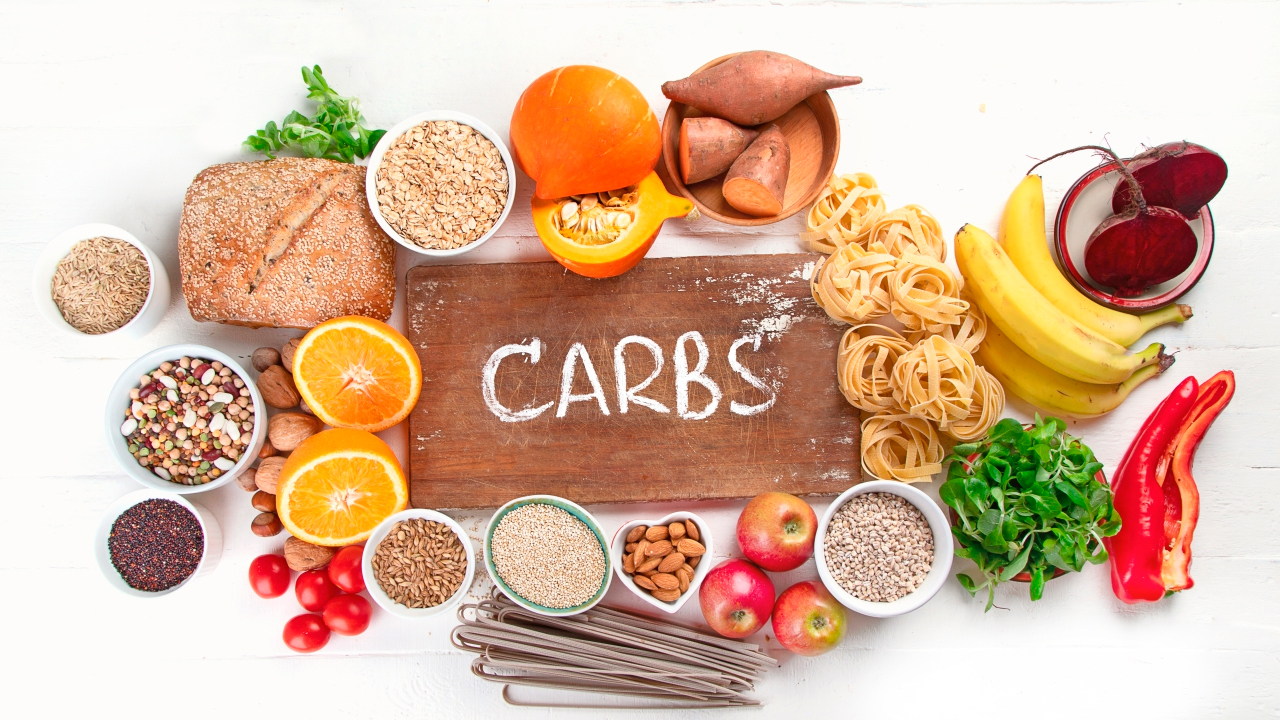Sugar molecules make carbohydrates or carbs. Carbohydrates are one of the three primary nutrients in foods and beverages, along with proteins and fats. Your body breaks down carbs, hence producing glucose. The primary source of energy for the cells, tissues, and organs in your body is glucose, commonly known as blood sugar.
Food contains three types of carbohydrates mainly sugar, starches and fiber. They're the body's primary source of energy and the brain's preferred energy source.
Benefits of Carbohydrates
- Regulates mood
- Helps muscle gain
- Improve athletic performances
- Helps Relieve Muscle Fatigue
- Good for your heart
- Keeps memory sharp
- Production of energy in the body
The healthiest sources of carbohydrates—whole grains, vegetables, fruits, and beans that have not been processed or have undergone minimal processing are optimal as they promote good health by supplying vitamins, minerals, fiber, and a variety of significant nutrients and antioxidants.
Healthy Carbohydrate food options
- Bread and grains
- Nuts and Legumes
- Starchy Vegetables
- Milk and yogurts
- Fruits
- Brown rice
- Seafood
A diet that is low on Carbohydrates may lead to:
After a few months on a low-carbohydrate diet, particularly for people with an active lifestyle, the effects become ridiculously dangerous as metabolism slows down, fat storage builds, risk of fatigue, dehydration and muscle ache increases. For this reason, individuals who exercise regularly shouldn't follow a diet that severely restricts carbohydrates. If they don't eat enough of these foods, they won't have the energy to do their workouts.
Carbohydrates are well known to be the fuel source metabolized fast enough to support hard exercises. Keeping the intake of carbohydrates at an ideal level will always prove to be beneficial to the human body

 According to the National Library of Medicine “On average, people should get 45 to 65% of their calories from carbohydrates every day. On the Nutrition Facts labels, the Daily Value for total carbohydrates is 275 g per day. This is based on a 2,000-calorie daily diet.â€
According to the National Library of Medicine “On average, people should get 45 to 65% of their calories from carbohydrates every day. On the Nutrition Facts labels, the Daily Value for total carbohydrates is 275 g per day. This is based on a 2,000-calorie daily diet.â€









.jpeg)

.jpeg)
.jpeg)

.jpeg)


.jpeg)



.jpeg)
.jpeg)
.jpeg)


.jpg)


.jpeg)
.jpeg)